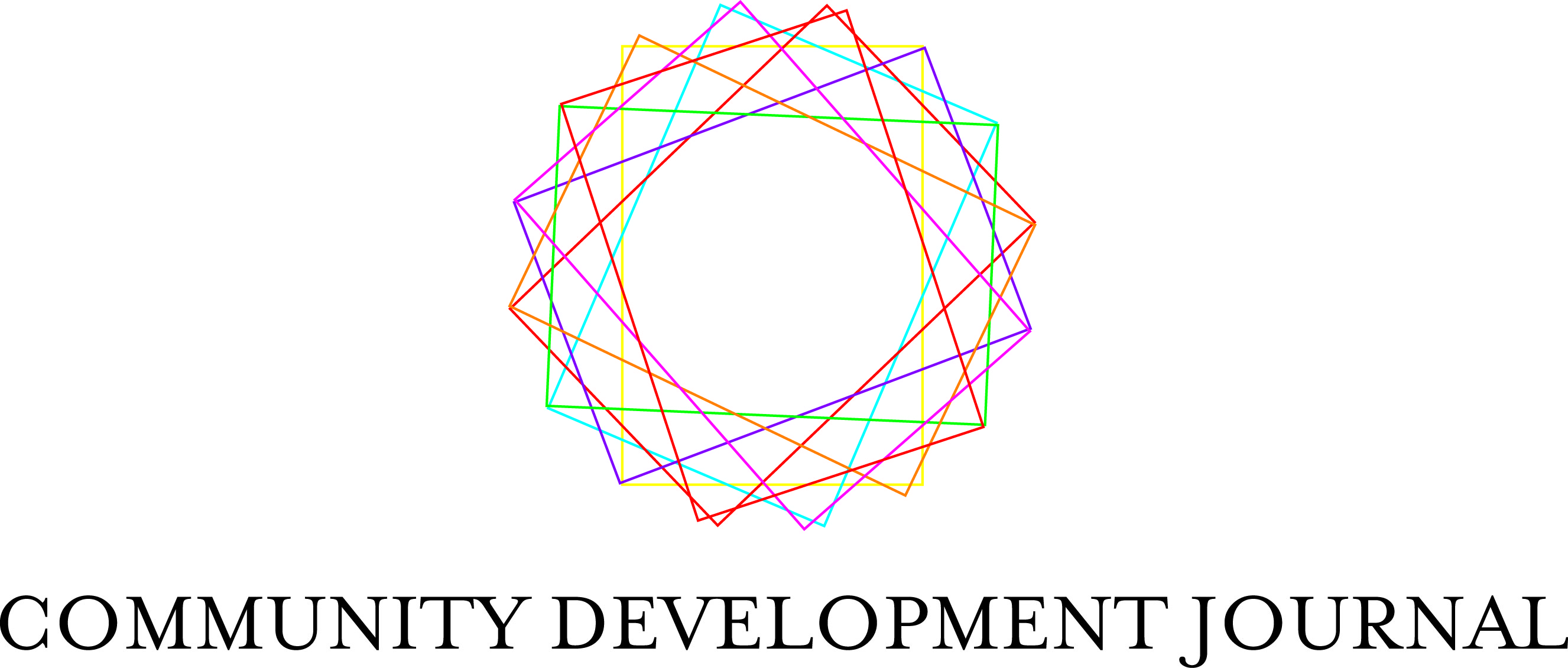
The Politics of Ward Committees in Enhancing Community Development through Democratic Participation in the Perspective of Structuration
By Nsizwazonke E Yende
Our paper explored the politics and ambiguities associated with ward committees in enhancing community development through democratic participation. We adopted and used Gidden’s theory of structuration as a theoretical lens to interpret the findings from the literature. The theory looks at the context and the relationship between individuals and society. We explored ward committees because they are local structures (operating at the grassroots level) made up of local people to enhance community development (service delivery) through genuine democratic participation.
These structures are established in every municipality in South Africa based on the Municipal Structures Act 117 of 1998 and the Municipal Systems Act, which both encourage municipalities to establish ward committees, to enhance participatory democracy in local government. Our findings demonstrated that the context within which these structures operate determines their efficacy towards enhancing their developmental role in different municipalities. For example, in a context where inter-or intra-political fighting, these structures are likely to be caught up in this context. This is fundamental because it explores and evaluates the effectiveness of ward committees in enhancing community development through democratic participation.
As we conducted the research, it was surprising to us to find out that context (the environment within which they operate) plays a huge role in determining the effectiveness of ward committees in achieving their democratic mandate. Our article presents substantial findings; however, we relied on secondary data, I think a comparative study using primary data would present interesting findings.
For community development practitioners, our findings highlight that effort should be made to understand the socioeconomic and political context for effective community development initiatives. The overall findings are that ward committees in South African municipalities are ineffective in promoting community development through democratic participation because of the volatile and politically complex environment within which they operate.
